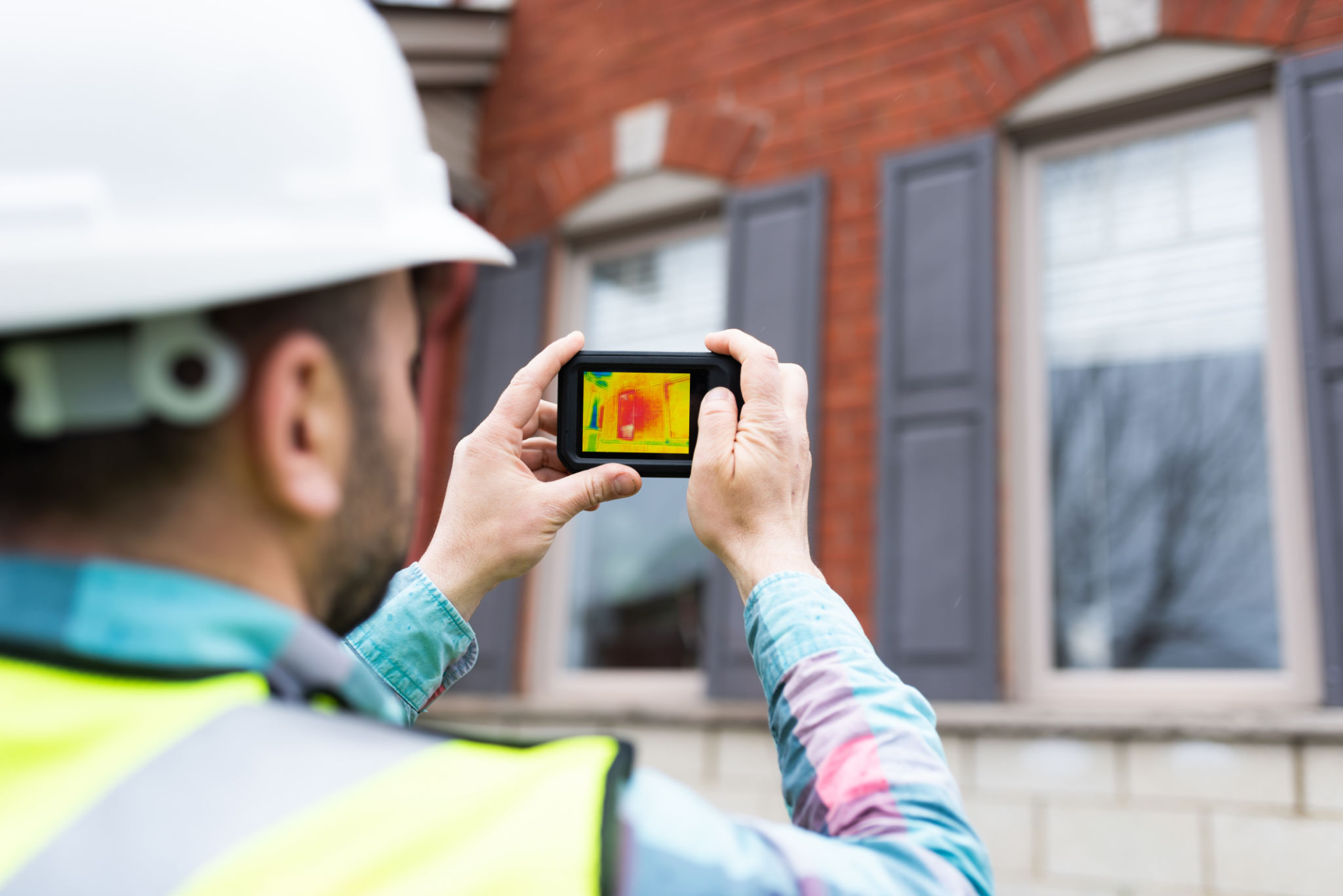Energy Consumption Analysis: A Key to Unlocking Sustainability
Understanding Energy Consumption
In today's rapidly evolving world, the focus on sustainability is more critical than ever. One of the most significant contributors to achieving a sustainable future is understanding and managing energy consumption. By analyzing how energy is used, businesses and individuals can identify areas to reduce waste and improve efficiency.
Energy consumption analysis involves examining the patterns and amounts of energy used over time. This analysis helps in identifying peak usage times, understanding energy demands, and pinpointing inefficiencies. This essential step is the foundation for creating strategies to optimize energy use.

The Importance of Energy Efficiency
Energy efficiency is not just about reducing costs; it's about minimizing environmental impact. When energy consumption is optimized, it leads to reduced greenhouse gas emissions and a smaller carbon footprint. This is crucial for combating climate change and preserving natural resources for future generations.
By investing in energy-efficient technologies and practices, businesses not only save money but also enhance their reputation as environmentally responsible entities. This can lead to increased customer loyalty and a competitive edge in the market.
Identifying Key Areas for Improvement
To effectively reduce energy consumption, it is essential to identify key areas where improvements can be made. These areas often include:
- Lighting systems
- Heating, ventilation, and air conditioning (HVAC) systems
- Manufacturing processes
- Office equipment

Implementing Sustainable Practices
Once key areas for improvement are identified, the next step is to implement sustainable practices. This might involve upgrading to energy-efficient appliances, utilizing smart technology to monitor usage, or even redesigning processes to be more eco-friendly.
It's important for businesses to set clear goals and measure progress regularly. By doing so, they can ensure that their efforts are making a tangible impact on reducing overall energy consumption.
The Role of Technology in Energy Management
Technology plays a pivotal role in modern energy management. Smart meters and IoT devices provide real-time data that help in monitoring and controlling energy usage more effectively. Additionally, advanced analytics can predict future energy needs and suggest optimal usage patterns.

Future Trends in Energy Consumption
The future of energy consumption is likely to be shaped by ongoing innovations and increasing awareness of sustainability issues. Renewable energy sources such as solar and wind are expected to become more prevalent, further reducing dependence on non-renewable resources.
Moreover, as governments around the world introduce stricter regulations on energy usage and emissions, businesses will need to adapt quickly to stay compliant and competitive.
Conclusion: The Path to a Sustainable Future
Energy consumption analysis serves as a critical tool in unlocking sustainability. By understanding and optimizing how energy is used, individuals and organizations can make informed decisions that lead to significant environmental benefits and cost savings.
Ultimately, achieving sustainability requires a collective effort towards continuous improvement in energy efficiency. As we move forward, embracing innovative solutions and sustainable practices will be key to securing a greener future for all.